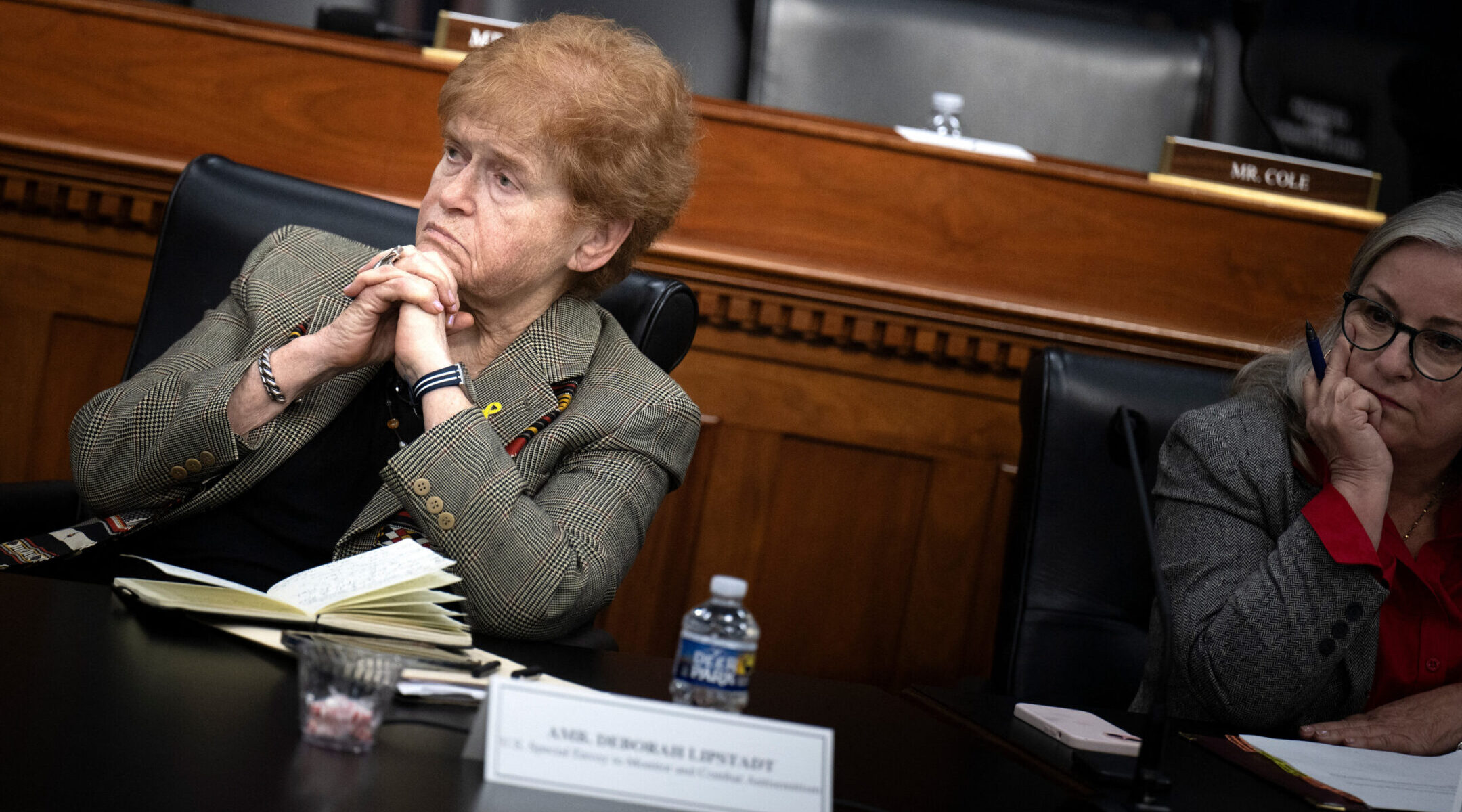At the 43rd annual J.P. Morgan Healthcare Conference on Monday, Medtronic CEO Geoff Martha mixed in some breaking news with his usual pitch to investors. Just hours earlier, the Centers for Medicare and Medicaid had informed the company that it was opening a national coverage analysis of renal denervation and a final decision would be forthcoming sometime after the review was over on October 11, 2025.
“Our Symplicity blood pressure procedure is poised to transform hypertension management, and it’s a large opportunity that’s right in front of us,” said Martha, according to a transcript of his remarks. ” …very excited to share some breaking news from like two hours ago, that CMS has just announced that it’s opened a national coverage analysis for Symplicity, which — this is huge news. Huge news for patients, and it marks a pivotal development in our efforts to support access to this innovative procedure.”
So far Medtronic has been able to secure payment for the device on a case-by-case basis based on “medical necessity.” However, if after the end of the review period, CMS decides to cover renal denervation in patients with resistant hypertension, it would do more than simply benefit the commercial prospects of Medtronic’s Simplicity Renal Denervation System and Recor Medical’s Paradise uRDN system (Recor is part of Otsuka Pharmaceutical.) The positive NCD will help Medtronic rewrite the story of abject failure to one that demonstrates the company’s grit.
Recall that Medtronic acquired the renal denervation technology from Mountain View, California-based Ardian back in 2010 for $800 million plus milestone payments. Ardian was developing a catheter-based treatment for resistant high blood pressure — in other words, for the universe of patients who were on multiple high blood pressure medications but whose blood pressure was still uncontrolled. A catheter would be inserted through the groin and guided to the renal arteries after which the catheter would provide RF energy to the renal arteries in effect severing the nerve signals between the brain and kidneys.
Well, the milestone payment for Ardian likely never came (or at least delayed if it ever did get paid out) given that Medtronic reported a massive failure of the SYMPLICITY HTN-3 pivotal trial in 2014. The Dublin-based medical device company announced that patients who underwent a sham procedure and were on multiple hypertension drugs saw a reduction in blood pressure thus making the blood pressure reductions in the study arm at six months after the procedure statistically insignificant. Medtronic quickly stopped enrolling patients in ongoing trials testing the device.
The news was shocking, especially given the success of the system in earlier, smaller trials. There had been hope that renal denervation treatment could finally address the risks of sustained uncontrollable hypertension — stroke, heart failure and kidney disease. Headlines like is “SYMPLICITY HTN 3: The death knell for renal denervation in hypertension?” were published. Detractors said the study results proved that RDN is ineffective while supporters said something has to be said about the study design and the type of catheter used.
But Medtronic wasn’t the only one faltering in renal denervation at the time. Boston Scientific, Covidien (before it merged with Medtronic) and St. Jude Medical (before being acquired by Abbott) also paused their respective programs.
But Medtronic kept going. It refined its inclusion-exclusion criteria, changed the study design and updated the design of the catheter. It boldly restarted the clinical trials in 2015. The Simplicity catheter became the Spyral catheter, able to provide RF energy to ablate the renal arteries from multiple electrodes.
And then a full 13 years after the Ardian acquisition was announced, the Food and Drug Administration approved the Simplicity Spyral Renal Denervation System in November 2023 – even after an FDA Advisory panel had recommended against it. Roughly 10 days earlier, Recor Medical had become the first company in the U.S. to receive FDA approval for its renal denervation product.
But an FDA decision doesn’t guarantee that the Centers for Medicare and Medicaid will cover a new treatment modality for its member population nationwide. And that has been the reality for both Recor Medical and Medtronic. In November 2024, Medtronic announced that CMS had granted transitional pass-through (TPT) payment for the Medtronic Symplicity Spyral renal denervation (RDN) catheter under the Medicare Hospital Outpatient Prospective Payment System.
That might change once and for all if CMS’ national coverage decision is positive for renal denervation, a fact not lost on Recor Medical with the only other approved renal denervation system in the U.S. Like Medtronic, its device has coverage through the transitional pass-through (TPT) payment system.
“Recor appreciates CMS’ consideration of potential national coverage of RDN as a hypertension treatment option for Medicare beneficiaries and will continue to work closely with CMS throughout the NCD process,”
If a positive decision comes, it will mark the end of a long journey to establish RDN as a safe and effective treatment for uncontrollable hypertension after a big, public failure. Of course, the company will then have to devote resources to education and training of physicians and making sure that Recor doesn’t corner the market.
But Wall Street, at least, appears to have already rewarded this development.











